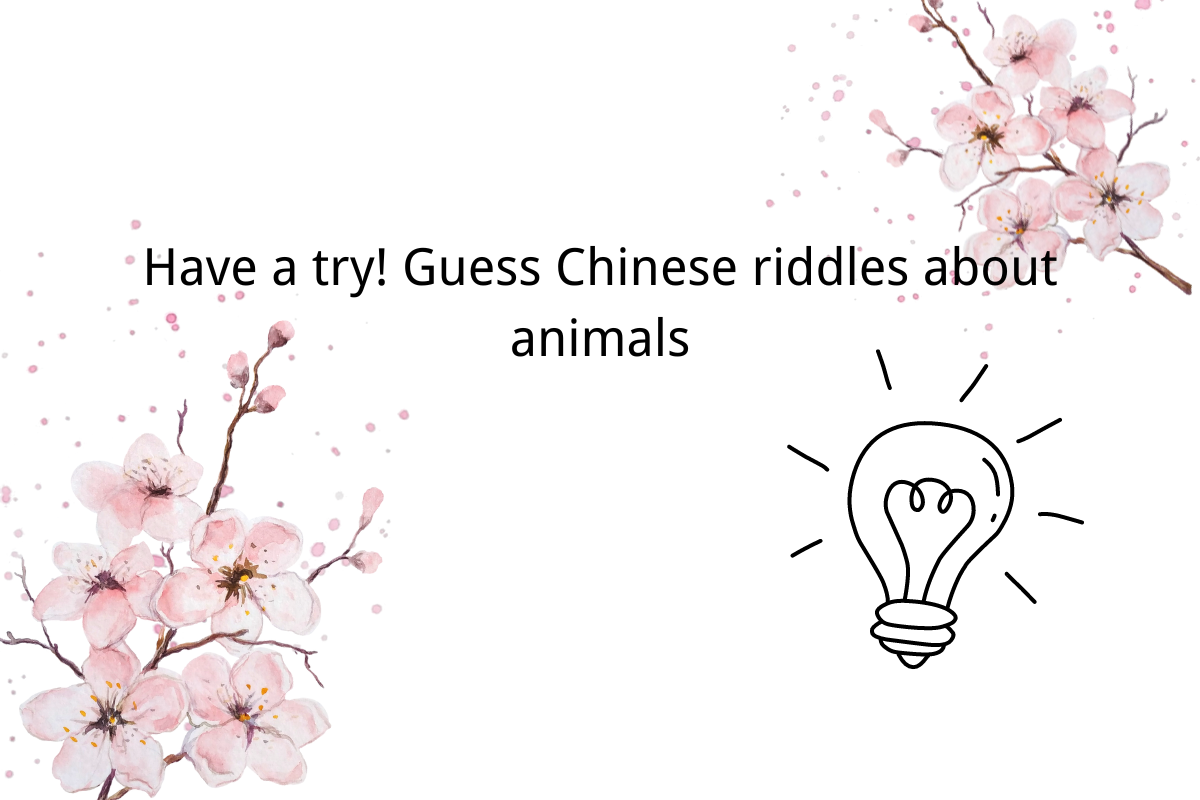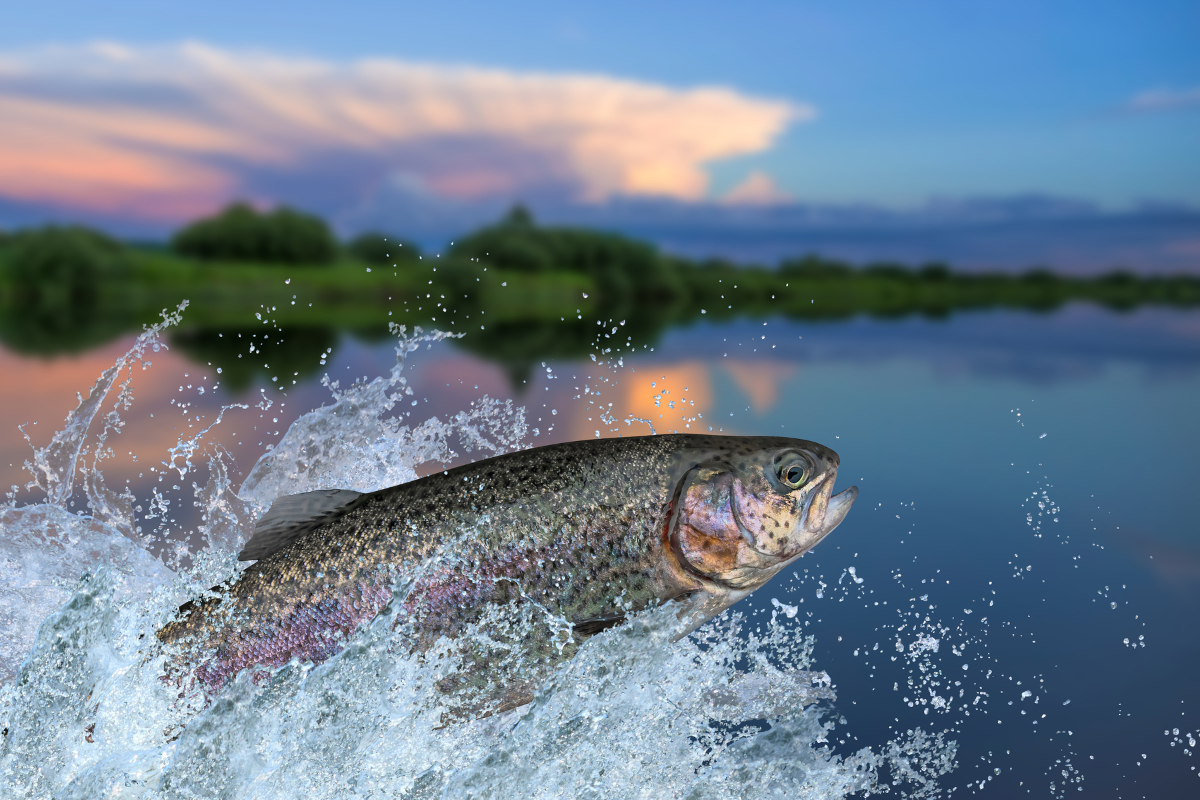Have a Try! Guess Chinese Riddles About Animals (Part 1)
Today, we have an intriguing riddle about an animal. Chinese riddles are not only a great way to challenge your mind but also offer a fascinating glimpse into Chinese language and culture. Let’s dive into today’s riddle and see if you can guess the answer.

- Has a head but no neck, body is cold and icy,
有头没有颈,身上冷冰冰,
Yǒu tóu méiyǒu jǐng, shēnshang lěng bīng bīng, - has wings but can't fly, has no legs but can move.
有翅不能飞,无脚也能行。
yǒu chì bùnéng fēi, wú jiǎo yě néng xíng.
Answer:
鱼 (Yú) - Fish
The Fish in Chinese Culture
鱼 (yú) fish hold a significant place in Chinese culture and symbolism. They are often associated with abundance and prosperity due to the homophonic nature of the word "鱼" (yú) and the word "余" (yú), which means surplus or abundance. This is why fish are commonly seen in Chinese New Year decorations and celebrations, symbolizing the wish for a year of plenty.

Understanding the Riddle
This riddle cleverly describes the characteristics of a fish:
- "有头没有颈" (Has a head but no neck): Fish have distinct heads but lack a defined neck.
- "身上冷冰冰" (Body is cold and icy): Fish are cold-blooded creatures and often have a cold, slippery texture.
- "有翅不能飞" (Has wings but can't fly): The fins of a fish are akin to wings but are used for swimming, not flying.
- "无脚也能行" (Has no legs but can move): Fish move efficiently in water without the need for legs, using their fins and tails.
key Sentences:
- I caught a fish.
我抓到了一条鱼。
Wǒ zhuā dào le yī tiáo yú. - The fish is swimming in the tank.
鱼在水缸里游泳。
Yú zài shuǐ gāng lǐ yóu yǒng. - She likes to eat fish.
她喜欢吃鱼。
Tā xǐ huān chī yú.